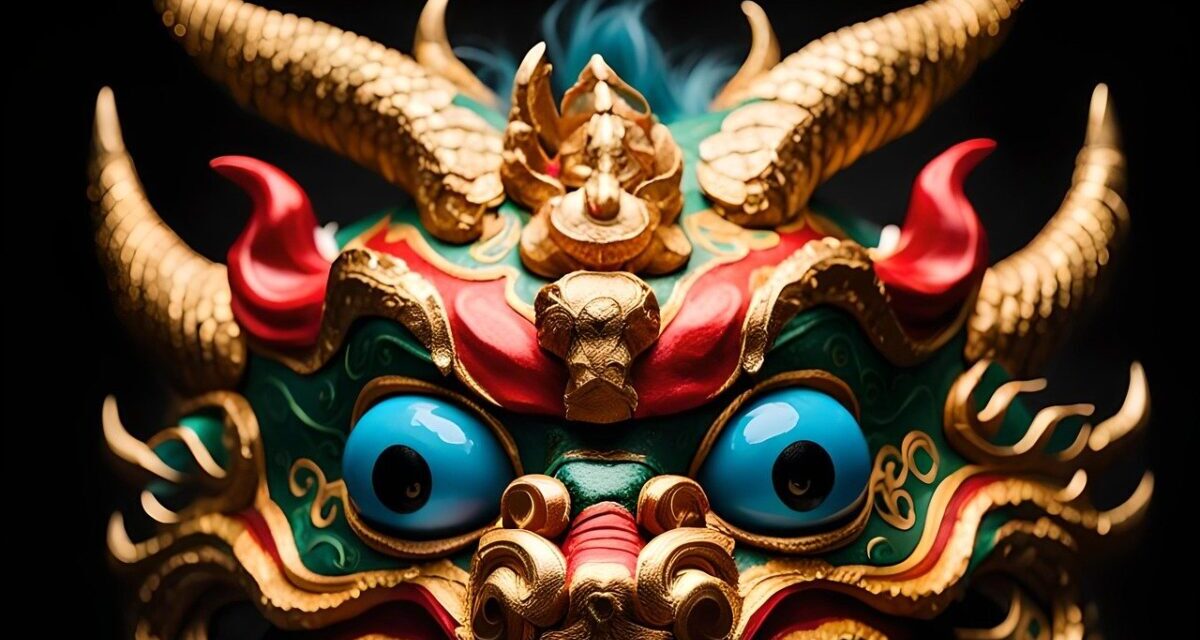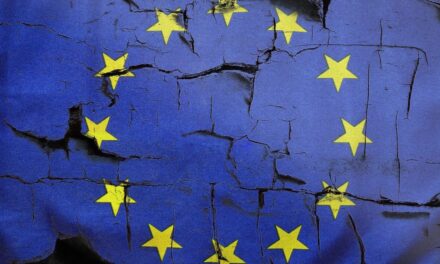Of course, that was another China and no one thought that this country would one day become communist and especially not that it would rise to a superpower.
China drifted from crisis to crisis under Mao, who, by the way, is still a great idol of the leftist hordes. But the Chinese have learned from their mistakes, made changes, and now it seems that the Chinese social experiment will be an incalculable part of globalization.
China is unfathomably large and almost as unfathomably powerful as the USA.
China is already an indispensable actor in the political life of the planet, an unforgettable natural law. It was not us who outsourced Western production capacities to the Far East in general, nor did we hand over all existing advanced technologies to it. The Chinese communists combined communism with their own traditions in a frighteningly clever way, and it is currently difficult to argue against the fact that the only version of communism that can be considered successful is the Chinese one.
China is there, if we want to be economically successful, we cannot help but adapt to its existence.
Of course, the existence of such a large power is always a challenge for both small and large. Just as the Chinese received the communist ideology from the developed West, we are now receiving this gift back on TikTok in the context of a cultural revolution-like event. We need to understand why they have been able to develop so much in the last thirty years, and we need to understand what they want in Europe. The cultural differences are so great that even this cannot be said clearly based on our own knowledge of people in the West. We don't even know how they want to be present here, in what perspectives they think.
There is one thing in human history that has always worked between different cultures, and that is trade.
Today, in our more advanced age, this is called economic cooperation. When thinking of Hungary in terms of Chinese dimensions and Hungarian terms, Hungary corresponds to a smaller district, the importance of being drawn on the map of Chinese leadership cannot be overemphasized, many countries bigger than us cannot say this about themselves. And there are not only economic, geopolitical and world political reasons for this, but also very cultural ones.
After the loss of their colonies, the Western political elites completely forgot what they might have known about the differences between cultures, and are now only able to think within their own.
The victims of the western conquests, however, did not forget what the white man was like when he came there with his warships. Hungary's opening to the East served at least as much cultural goals as economic ones. We had to make it clear to everyone to the east and south of here that we are just as much victims of Western arrogance and intemperance as they are. Even though a lot of good things came from the West, along with them came all the terrible things that the Westerners invented for themselves. We do not have to represent the ideas of the former English world empire or the current American imperialism or the woke when we trade with the Chinese.
We simply have to win their goodwill, which is the basis of all meaningful trade and coexistence.
Certainly, the path of Chinese investments here is supported not only by great power interests, but also by the thoughts that Chinese leaders and businessmen have about Hungary and Hungarians. The latter is at least as important as geopolitics. There are hundreds of thousands of Chinese politicians with significant economic power, and more Chinese businessmen than there are Hungarians in the world.
People and empires never grow out of their skins. China won't either, we have to make sure that we are good with them and they are good with us, it always costs them more to harm us than rational cooperation. Fortunately, they are far enough away that we have a good chance of doing so. For the time being, we don't have to hide from our skin to give them the respect they expect and which they don't necessarily get in the West.
Hungary maneuvers between the two power centers of world power. What else could we do?
Hungarian interests must be protected primarily in Hungary. We have to monitor the environmental effects of Chinese and industrial investments of any interest and we have to intervene if they do something that is not in the contracts and laws. However, this is much more an engineering profession and not a political activity. Let's not copy it.
In recent decades, we Hungarians have bought an unfathomable amount of Chinese goods. With this, we have already committed ourselves unnoticed, despite the fact that some people pretend that this is not the case. It wasn't that good, it was just convenient and cheap. Many hundreds of millions of Western consumers, thousands of decision makers of large Western companies and many hundreds of Western politicians really made China great, not only the current Chinese political elite.
Featured image: AI-generated/Pixabay













